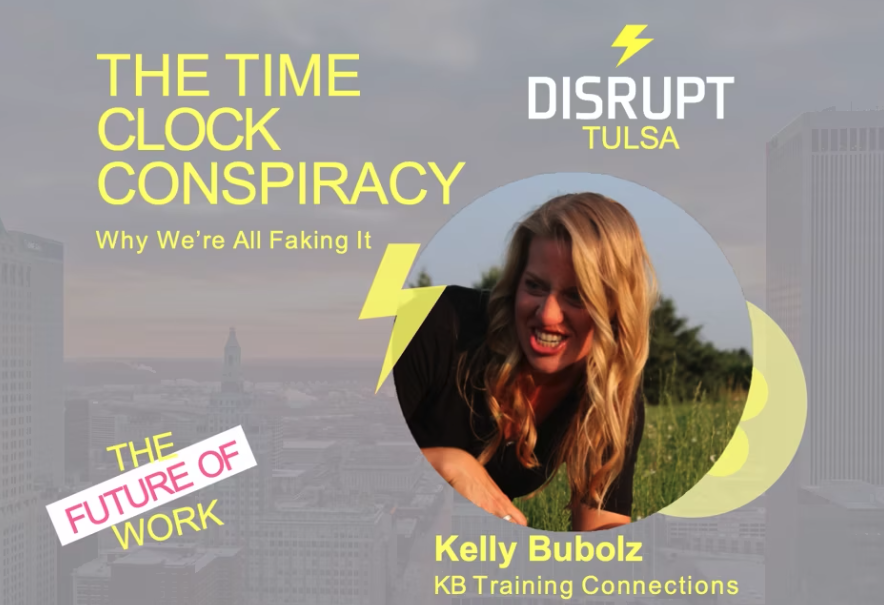Why Hours Don't Equal Impact
Jun 30, 2025We’ve all seen it. Someone at their desk, not really working, but still clocking in those hours. Or the employee who tattles about a coworker’s start and end times, hinting you should “keep an eye out.” All this, while we continue to cling to the idea that hours worked equals productivity. Yet, we aren't getting the results we wanted and still chasing hours.
We’ve built a workplace culture around the illusion that longer hours mean more success. And despite all the research and real-world examples telling us otherwise, many organizations are still stuck in the old mindset of time-based work.
Judging employees by hours worked rather than outcomes creates burnout, disengagement, and wasted resources. High achievers get trapped in a cycle of proving themselves through time logged instead of meaningful progress. Meanwhile, meetings multiply, productivity stalls, and innovation takes a hit...draining the energy.
A New Way Forward
Forward-thinking organizations are starting to shift away from time-based models toward results-driven strategies. The future of work is about outcomes, not hours. It’s about giving employees the flexibility and trust to deliver results, without micromanaging how they spend every minute of their day.
In my DisruptHR talk, I unpack why the time-clock mindset is outdated and share actionable ways to transition to a performance-based culture: Watch Here


